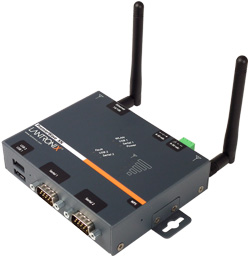GPS stands for the Global Positioning System. It refers to a system of satellites and receivers that allow people and devices to pinpoint their precise location on the Earth. The heart of the system relies on 24 satellites that orbit the planet twice per day. Devices that are equipped with GPS equipment receive transmissions from at least a few of the satellites and are able to discern very precise positioning data.
The first GPS satellite was launched in 1974 and the 24th was launched in 1994. The system is operated by the United States Department of Defense and its use is free for anyone. New satellites are periodically launched to replace aging ones. As the technology has improved, the cost of devices that include this technology has plummeted while the accuracy has increased. Small portable GPS receivers have become very affordable, and the accuracy is amazing. Accuracy varies based on various factors, but it can be as good as a few yards (meters). Land-based supplemental devices can be used to improve accuracy if higher precision is required.
The application of the GPS is very broad, and as the prices come down the number of uses is increasing. Portable devices are used by fisherman and hikers to help them navigate in the wild. Many new cars are being equipped with GPS systems to help drivers with navigation. The military uses it to guide cruise missiles to pre-specified targets. It's even used for tracking and hunting hobbies, like geocaching.
On 2 May 2000, the Department of Defense switched off selective availability (SA) which made GPS readings less accurate. They reserve the right to turn it back on during national crises and the like, but for the most part, GPS devices are now about 10 times more accurate than they were when selective availability was turned on.

No comments:
Post a Comment